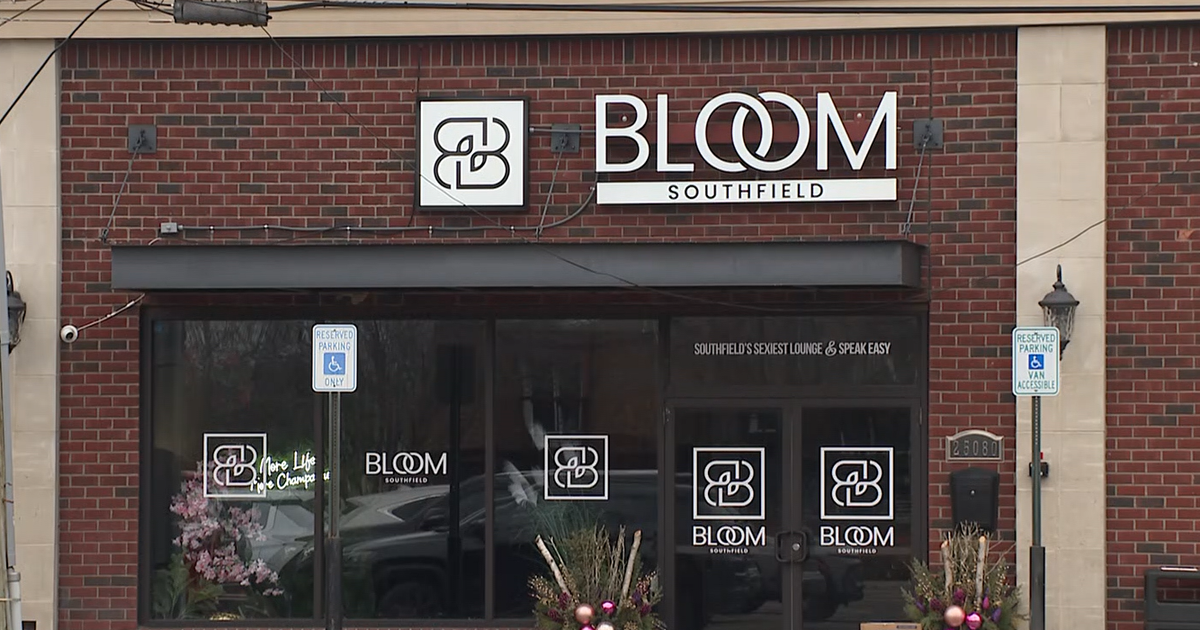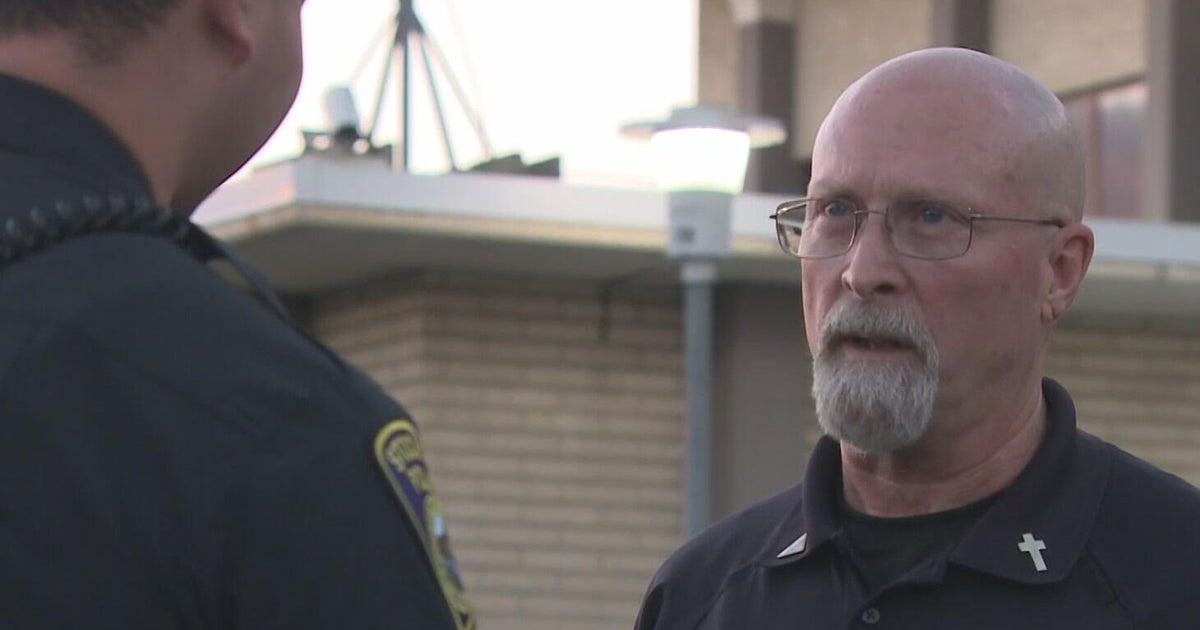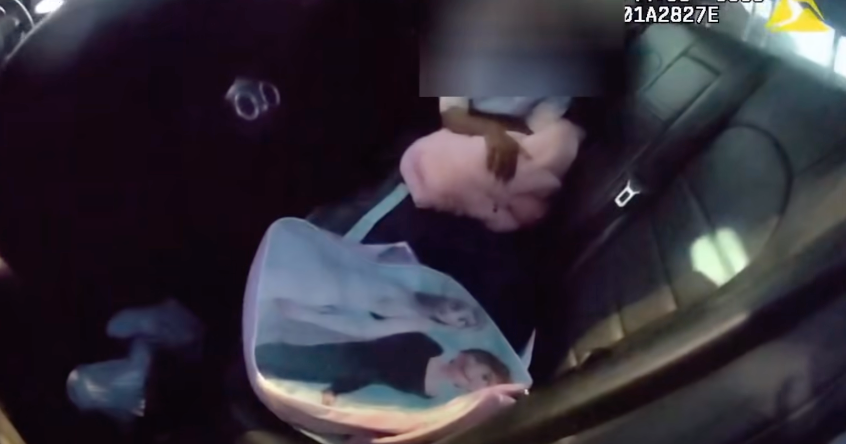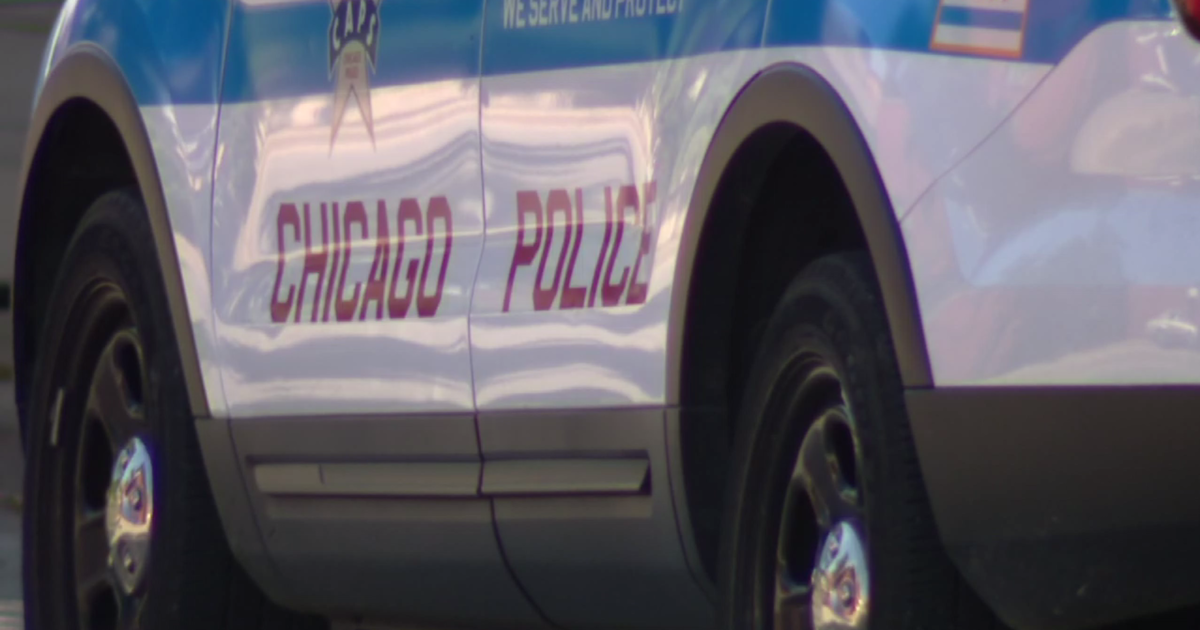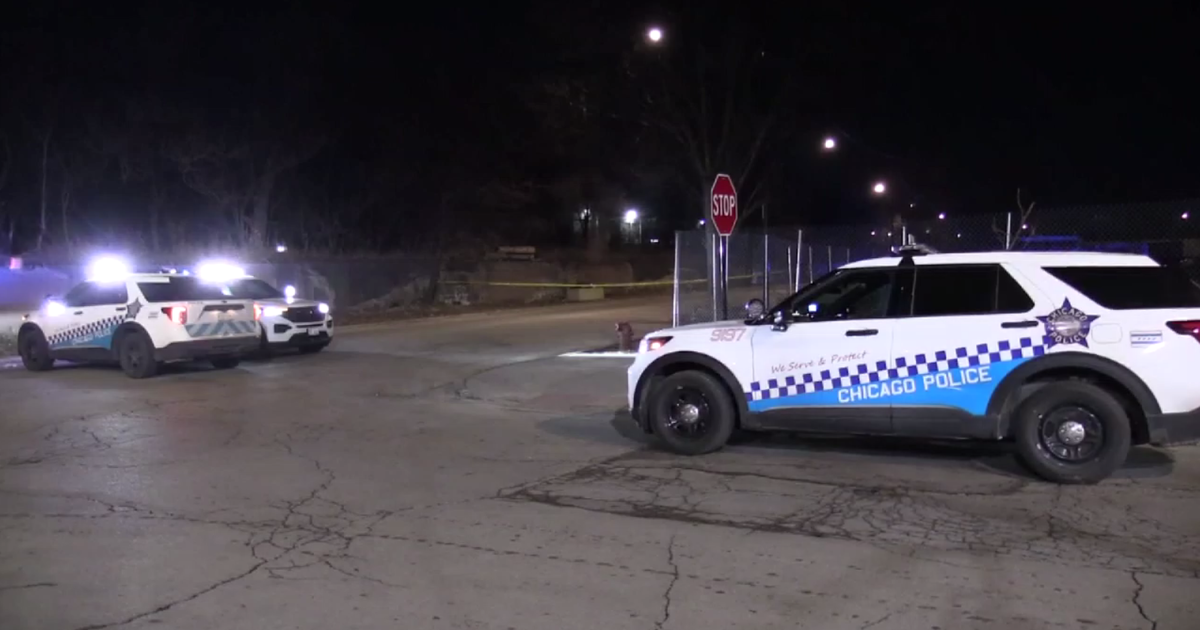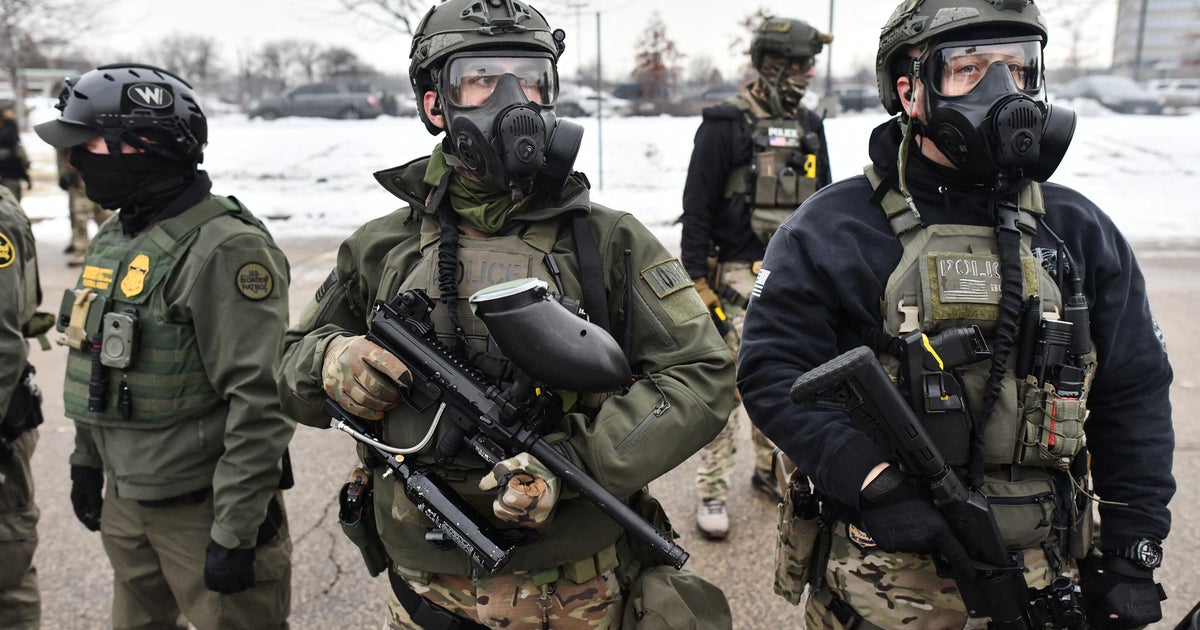Inside The World Of Police Negotiators
MIAMI (CBSMiami) – In recent months, police have negotiated peaceful ends to a number of standoffs, most of them involving people with psychiatric issues, including two veterans.
A veteran suffering from post-traumatic stress disorder climbs onto an overpass on the turnpike in Miramar. With traffic at a standstill, he was eventually talked down by police negotiators. In Miami, a troubled vet barricaded himself inside his apartment until he was convinced to surrender by a police negotiator, who is himself . On Thursday, another Miami man believed to be suicidal barricaded himself inside his home until police convinced him to give himself up.
Every year new hostage negotiators are taught techniques to end situations like these without anyone getting hurt.
Among those training new recruits, is military and police veteran Sgt. Dan Hannah. According to Hannah, officers who have served in the armed forces have a special bond with other veterans, which help them connect with desperate subjects and avert tragedies. For Hannah, his experience helps him understand how some of those he deals with on the job feel unappreciated. He said, simply acknowledging those feelings can help.
"When I walk to them, and more importantly listen to them, I try to build rapport with them," said Hannah. "They know I'm not doing it as a matter of my duty, but out of real concern for them. I don't want them to take their life, and I want them to fulfill whatever purpose their purpose is."
Negotiating is a skill that requires a delicate touch, especially when dealing with people with psychiatric issues.
Miami-Dade Police Department's Senior Staff Psychologist Dr. Scott Allen said they're very selective about who they choose to join the hostage negotiating team.
"We look for very calm people," said Allen. "We look for people who are empathetic, have the ability to understand the feelings of others."
Detective Jennifer Capote, a single mom with four kids, said that may be the main reason she was picked. But like other trainees, Capote said the real test will come when she goes out on her first call.
"You wonder what the outcome is gonna be and you hope for the best and that you're actually able to save somebody's life and get them the help they need," said Capote.


